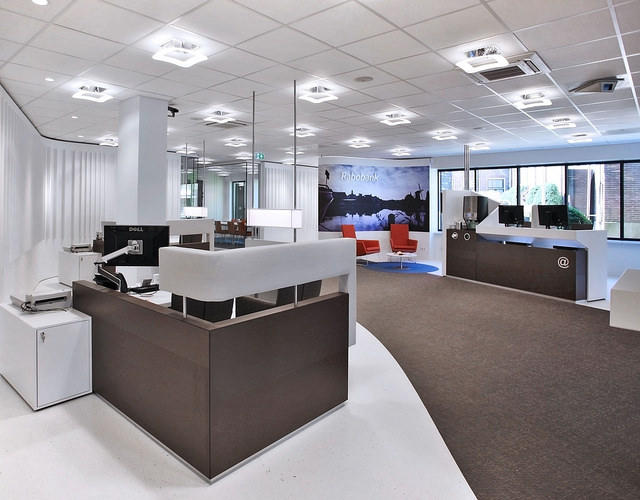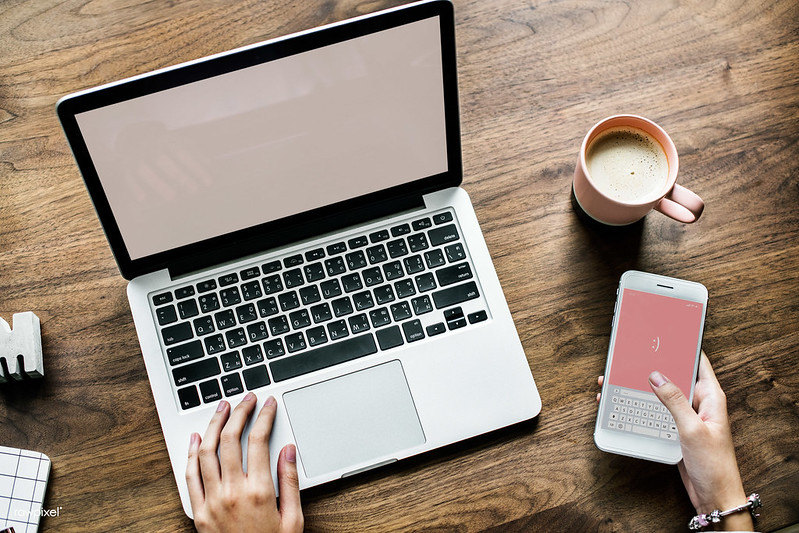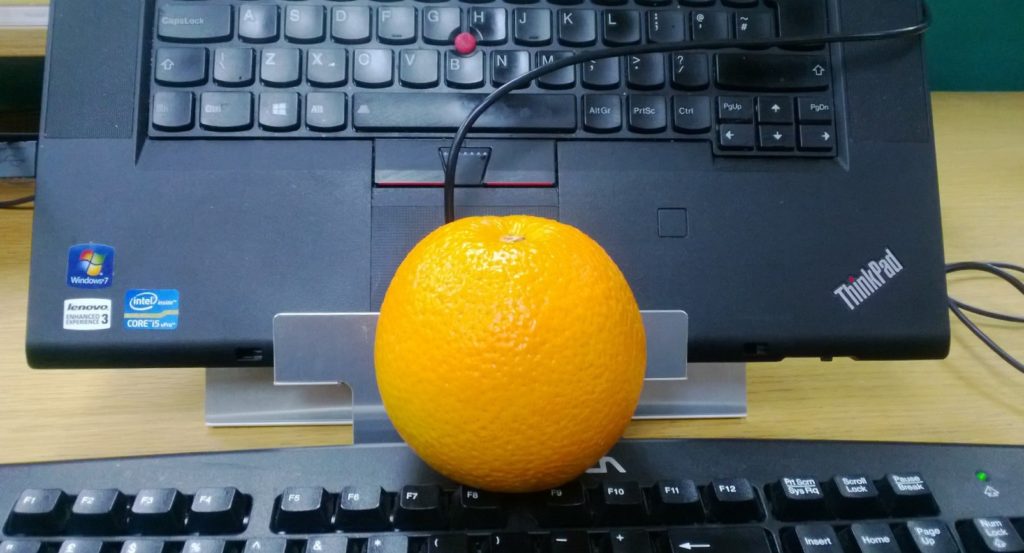After a knuckle duster Brexit ride last year, we’ve now been tossed out of the frying pan and into a fire of pandemic proportions. And nowhere are the impacts more apparent than in the office. With the prospect of working from home becoming the norm for the months ahead, Coronavirus is radically changing the way we work. While nobody would have wished for such a contagion, there have been five surprising silver linings that could shake up office culture for the foreseeable future.

Flexible working is finally accepted
While all employees with a minimum of 26 months service have the right to request flexible working, in practice the attitudes of leaders and line managers have provided a stumbling block to its implementation. While 87% of office workers want to work flexibly – only 11% of jobs currently offer flexible working. Coronavirus has forced organisations to become more adaptable in their attitudes as people demand changing shift patterns to avoid congestion on public transport or to care for ailing families and friends. Never has there been a more golden opportunity for organisations to embrace flexible working for all permanently into the future.W
Coronavirus has made working from home the norm
As we scurry out of the office into the sanctuary of our homes, recent advances in technology have made working from our kitchen as easy as working from the office. Despite misgivings on the part of businesses, research reports have suggested that remote employees work 1.4 more days per month than their office-based counterparts resulting in more than three additional weeks of work per year. The time regained from not commuting has also led some office workers to use their free time to develop healthier lifestyle habits such as exercising more, helping to create a more motivated and productive workforce.

Coronavirus has marked the end of presenteeism
at some point in our careers, we’ve all felt compelled to come into work despite feeling far from our best. Recent research from the CIPD has highlighted that 86% of respondents report observing presenteeism in their organisation over the past twelve months. Worryingly, efforts to curb presenteeism have halved between 2016 and 2018. Coronavirus has finally taken away the worry and guilt of calling off sick when the initial symptoms of flu first appear. It has also made us all more aware of the impacts of infection transmission in a close-knit environment such as an office.
Coronavirus has created new opportunities for career development
with predictions of 20-25% of the workforce potentially going off sick with Coronavirus, we’ll all be required to take up the slack in terms of the team’s workload. This provides new opportunities to take on new tasks and develop skills and abilities that we may have never used before. Breaking out of the conventional work routine may spark new ideas or could even lead to a whole new career pathway.

Workplace wellbeing is prioritised
The average working desk is said to be 400 times dirtier than the average toilet seat and 100 times dirtier than the average kitchen table. A horrifying statistic when you consider that hot-desking is now the norm in offices across the land. Fortunately, Coronavirus has shaken us out of our normal complacency with rigorous hand washing and desk cleaning now an essential part of our office routine. But it’s not just soap and disinfectant that is giving us a healthier environment to work in. Organisations are now forced to think about both the mental wellbeing of their employees through this crisis. Whether that’s helping staff members manage their anxiety about existing health conditions or battle the loneliness of working from home, the universal challenges of Coronavirus will bring us all closer together – and that is perhaps the greatest gift that the pandemic can give us.
